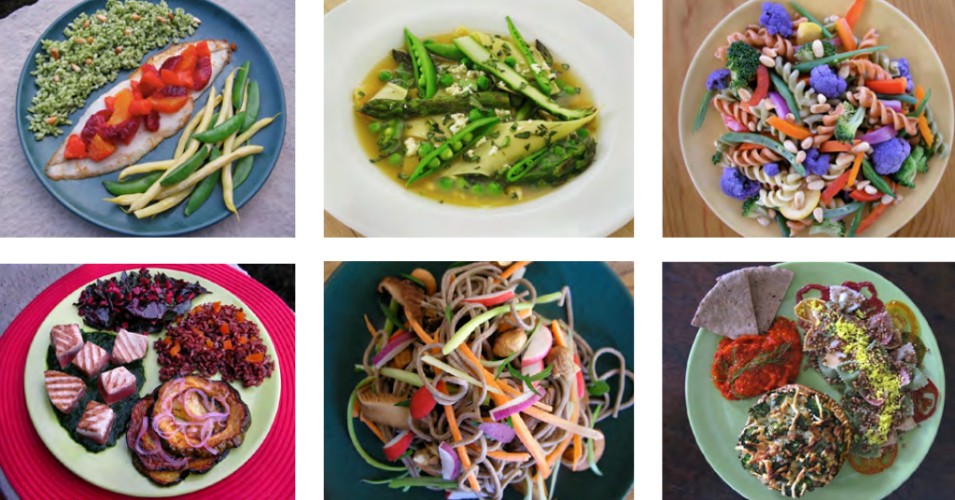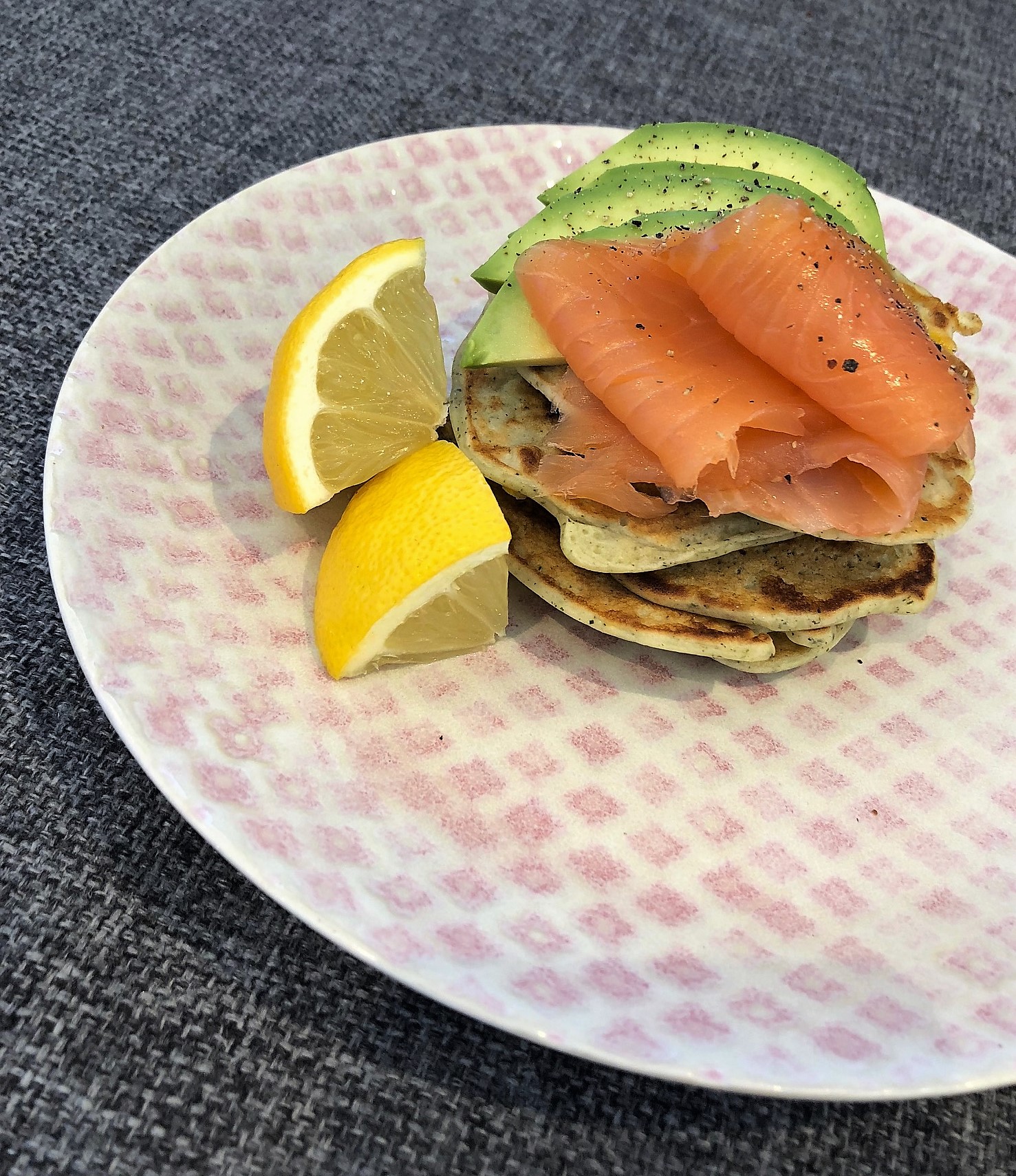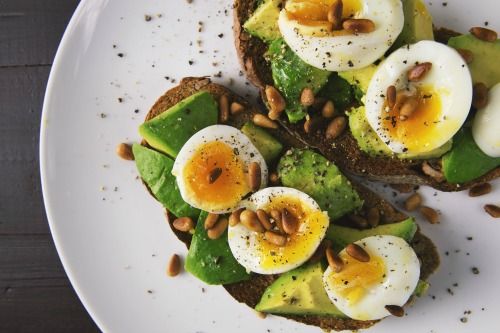
A topic I don’t spend enough time talking about, however it’s only after recent discussions with my parents, in laws and my husband’s 92 year old nan that I’ve realised it’s a particularly niche area that not many people know much about. I actually spoke at a retirement home on this topic in late 2019 and shared some easy tips the residents could implement themselves or with the help of their own families.
This is especially important at a time when loneliness and being isolated can impact your nutrition status too.
Nutritional requirements change as we hit our late 30’s, into our 40’s and onwards from there. It’s never too late to start but by building these habits early it means you’ll be setting yourself up for when you are just that little bit older. Without trying to over complicate things, and in no particular order, here are just a few science backed tips that can help.
Protein.
Research suggest that as we age, we actually need more protein, yet we tend to consume much less (Morley et al, 2016). Think about your grandparents, would they consume a good source of protein at every meal. Probably not. If we could get every care and retirement home to provide a protein-based drink per day imagine the difference that could make to the elderly population. An increase in protein consumption can assist with the reduction of muscle wastage and even improve rates of new muscle being built. Less muscle to support our frame means we are more likely to fall. Less people falling means less pressure on the NHS and more people living with a better quality of life. Obviously, encouraging protein consumption through consuming protein rich foods would be far more beneficial from a nutritional standpoint but for convenience a drink may be more suitable. Perhaps framing it like a milkshake might get more individuals onboard?
Hydration.
Of all the topics we covered at the retirement home, hydration definitely had the most interest and questions, which in all honesty is great because it means a lot of these residents weren’t hydrated enough. I sent a post workshop follow up with the urine colour chart for them to use. Last year I bought dad a water bottle, he was never drinking enough (water that is). Now every time we Facetime he has it with him, like he’s proving a point. Being dehydrated can lead you to feel less energised, tired and generally flat. It’s a big easy win. Make sure you use a reusable bottle if you can too.
Vitamin D supplementation.
In the UK everyone over the age of one is currently required to take a supplement of 10ug (micrograms) of vitamin D3 per day. This has now been extended to cover not only winter months but also the summer months too due to us being in lock down because of Covid-19. Those with darker skin should also take a vitamin D supplement all year round as they aren’t able to absorb as much vitamin D3 from sunlight due to their skin pigmentation. This also applies to the older population group too, coupled with the fact this group of people spend a fairly large amount of time indoors. Vitamin D is involved in many things, namely, the maintenance of strong bones and teeth, supporting our immune system and has positive associations with mood. It comes in tablets or sprays which may be suitable for those who have trouble swallowing.
Fish oil supplementation, AKA Omega 3.
The research on fish oil intake and supplementation is only growing. Fish oil is comprised of docosahexaenoic acid (DHA) and eicosapentaenoic acid (EPA). Studies show it positively effects the bodies reduced ability to build muscle in the elderly (anabolic resistance). As well as helping to facilitate weight loss and assist in improvements with depression. Yet the majority of the adult population fail to consume the recommendation of one portion of oily fish per week which is our main source of omega 3. One average portion is thought to contain around 450mg (milligrams) of EPA & DHA combined. Recommendation wise if you consume no oily fish (salmon, herring, mackerel, trout, sardines, pilchards) you are looking at anywhere between 300-1800 milligrams per day.
If you are taking any blood thinning medication (such as Warfarin) then you should consult your GP before taking a fish oil supplement due to it having similar effects on the blood. You can obtain omega 3 from other food sources however the dose is very low. These include linseeds, rapeseed oil, walnuts and pumpkin seeds. For those with allergies to fish or on a vegetarian/vegan diet there are algae sourced supplements available.
Resistance training.
This was another really good tip for the retirement home in particular as the warden mentioned that they offer chair workouts but don’t usually get a lot of uptake. Your body weight is enough, no expensive equipment is needed. So many people still just focus on cardiovascular exercise in a bid to burn more calories, however by doing resistance/strength training once or twice a week you are in fact strengthening your muscles so when you do go for that run, walk or cycle you’ll perform better and recover faster. As we age, continuing to strength train helps reduce muscle wastage and maintains our bone strength.
In summary….
As always my motto is if every attendee takes just one thing away from every workshop, blog post or social media caption that helps them, then my job is done. And quote of the day goes to one gentleman who was walking outside when I left. In his words “when I heard a nutritionist was coming in, I thought it was going to be really boring, but I actually learnt so much, thankyou!” And that’s what this job is all about.
I’m also pleased to say, mum and dad are now delving into the world of protein shakes and taking regular fish oil supplements, if they can, you can.




Recent Comments